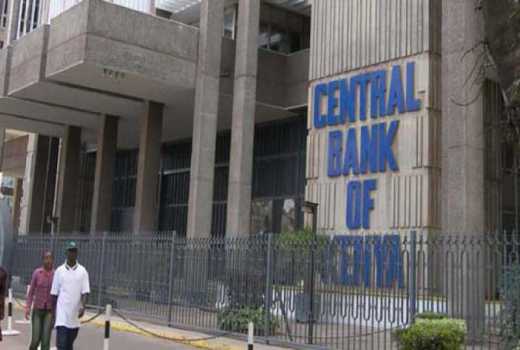×
The Standard e-Paper
Kenya’s Boldest Voice

If the Central Bank of Kenya (CBK) accepted just one percentage point extra in interest on the Sh40 billion infrastructure bond advertised recently, this is enough to cost taxpayers a whooping Sh400 million in interest.
The market overpriced the bond and responded with Sh55 billion worth of credit demanding an average of 13.026 per cent for the 15-year security.